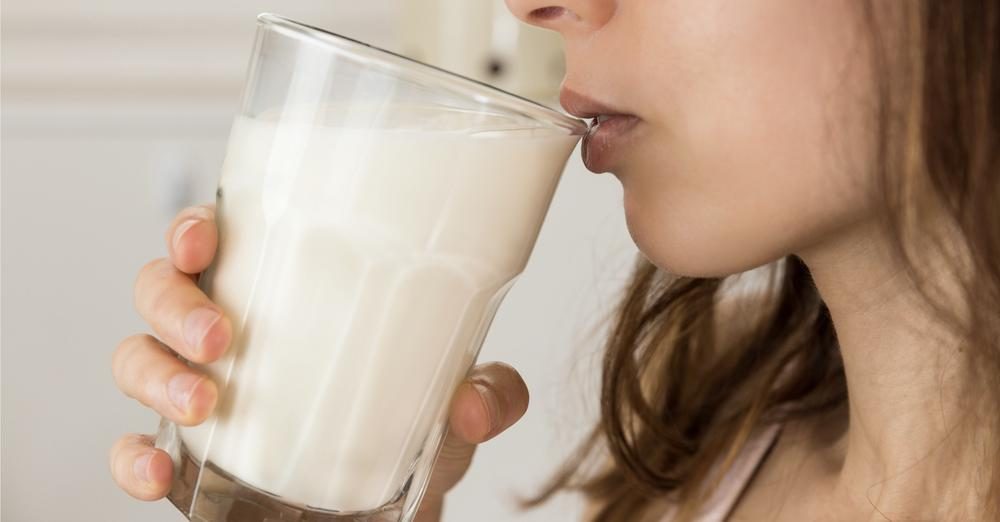Debunking 8 Common Myths About Broccoli
Broccoli, a cruciferous vegetable celebrated for its nutritional benefits, often finds itself at the center of health discussions. However, amid its popularity, several misconceptions and false facts have emerged. In this article, we'll delve into some of the most common myths surrounding broccoli, separating fact from fiction to provide you with accurate information about this beloved vegetable.
;)
Myth 1: Broccoli Is Low in Nutrients
Broccoli is often unfairly criticized as being low in nutrients. However, this couldn't be further from the truth. In reality, broccoli is packed with essential vitamins and minerals, including vitamin C, vitamin K, folate, and potassium. These nutrients play crucial roles in maintaining overall health, from supporting the immune system to promoting bone health and reducing the risk of chronic diseases.

Myth 2: Cooking Destroys Broccoli's Nutritional Value
Another prevalent myth is that cooking broccoli significantly diminishes its nutritional value. While it's true that some nutrients may be lost during cooking, such as vitamin C, broccoli remains a highly nutritious vegetable even when cooked. In fact, certain cooking methods, such as steaming or lightly sautéing, can actually enhance the availability of certain nutrients, such as lutein and zeaxanthin, which are beneficial for eye health.
Myth 3: Only the Florets Are Edible
While the florets of broccoli are commonly consumed, the entire plant is edible, including the stems and leaves. In fact, broccoli stems contain just as many nutrients as the florets and can be delicious when prepared properly. Don't let misconceptions about which parts of the broccoli plant are edible stop you from enjoying the vegetable. Experiment with using the entire plant in various dishes to maximize its nutritional benefits.

Myth 4: Broccoli Causes Kidney Stones
One prevalent myth suggests that broccoli consumption can lead to the formation of kidney stones due to its oxalate content. However, while broccoli does contain oxalates, research indicates that moderate consumption is unlikely to significantly increase the risk of kidney stone formation. In fact, the overall health benefits of consuming broccoli, such as its high fiber content and antioxidant properties, may outweigh any potential risks.
Myth 5: Broccoli Is a High-Calorie Food
Despite its reputation as a low-calorie vegetable, some individuals mistakenly believe that broccoli is high in calories. In reality, broccoli is remarkably low in calories, making it an excellent choice for those looking to maintain or lose weight. With approximately 30 calories per cup of cooked broccoli, it's a nutrient-dense option that can help fill you up without contributing excess calories to your diet.

Myth 6: Broccoli Must Be Consumed Raw to Retain Nutrients
While consuming raw vegetables is often touted as the healthiest option, this isn't necessarily the case for broccoli. While raw broccoli does retain certain nutrients, such as vitamin C, cooking methods like steaming or boiling can also preserve and even enhance the availability of other nutrients, such as antioxidants and anti-inflammatory compounds. Therefore, both raw and cooked broccoli can be valuable components of a balanced diet.
Myth 7: Broccoli Is a Natural Source of Gluten
Contrary to popular belief, broccoli is naturally gluten-free, making it a suitable option for individuals with gluten sensitivities or celiac disease. While some processed foods may contain gluten-containing ingredients combined with broccoli, such as in certain sauces or pre-packaged meals, fresh broccoli itself poses no risk of gluten contamination. It's a versatile and nutritious choice for those following a gluten-free diet.
Myth 8: Broccoli Is Harmful to Thyroid Health

There is a misconception that broccoli, along with other cruciferous vegetables, can negatively impact thyroid function due to its goitrogenic properties. While it's true that cruciferous vegetables contain compounds that can interfere with thyroid function when consumed in large amounts, the levels found in normal dietary intake are unlikely to cause harm to thyroid health. In fact, the numerous health benefits of broccoli, such as its anti-inflammatory and antioxidant properties, far outweigh any potential concerns regarding thyroid function.
Whether steamed, roasted, or enjoyed raw, broccoli can be a versatile and delicious addition to any diet. Now, you can confidently embrace the abundance of nutrients that broccoli offers and enjoy its many health benefits.
;Resize,width=767;)
;Resize,width=712;)
;Resize,width=712;)
;Resize,width=712;)
